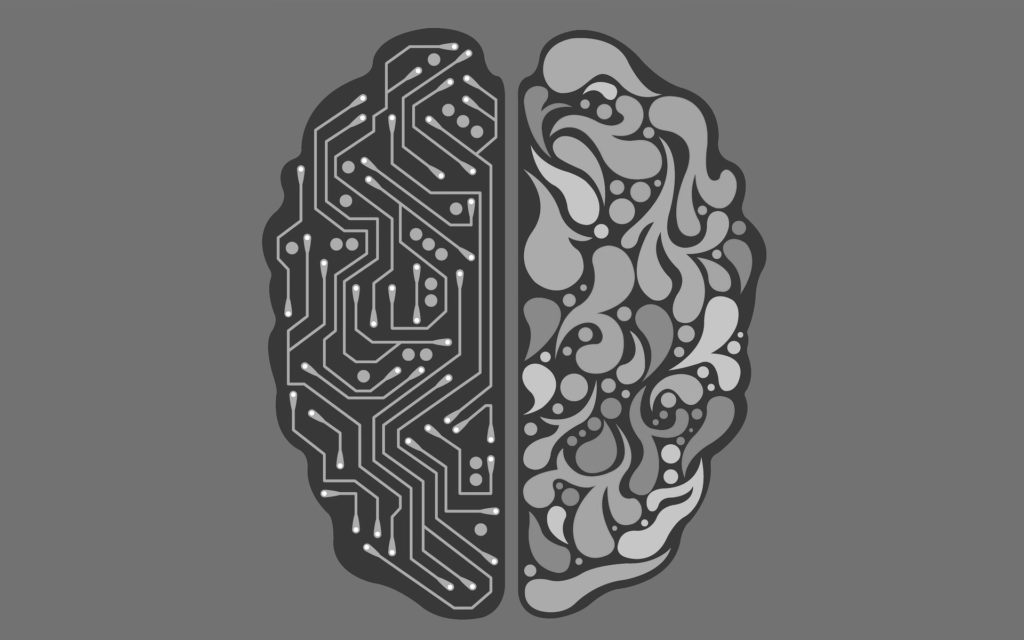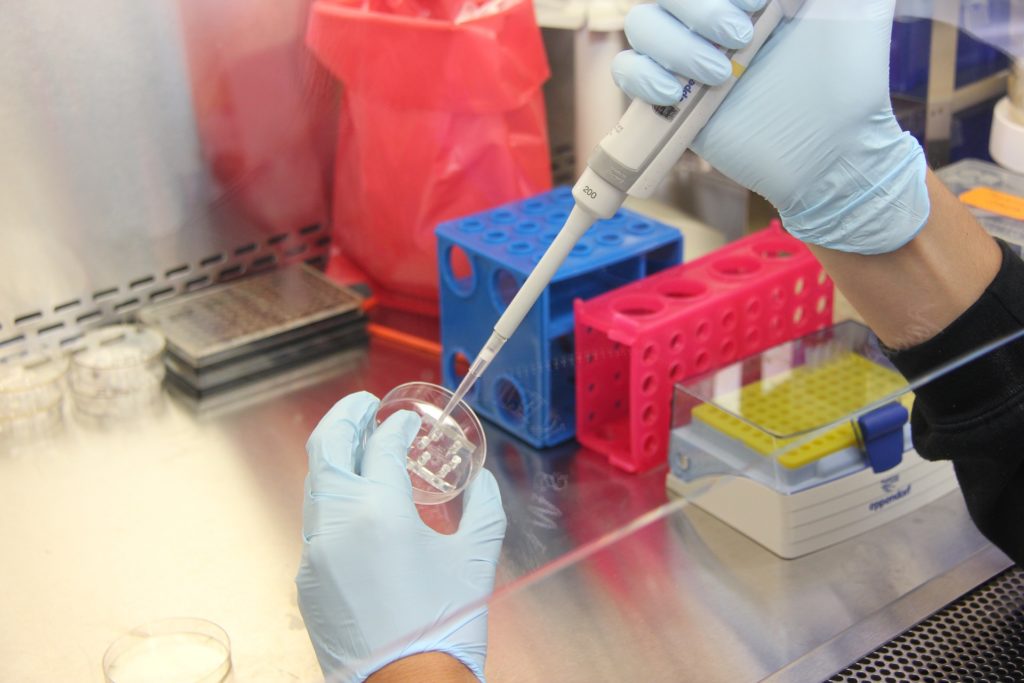Today marks a pivotal moment in Clinomic’s journey as we proudly announce the inauguration of our Clinomic AI Lab, spearheaded by Head of Technology Ahmed Hallawa, a gifted researcher and early associate of the company. This milestone is not just an accomplishment but also a realization of a long-cherished vision. From the inception of Clinomic, […]
Celebrating a Milestone: The Launch of Clinomic AI Lab





